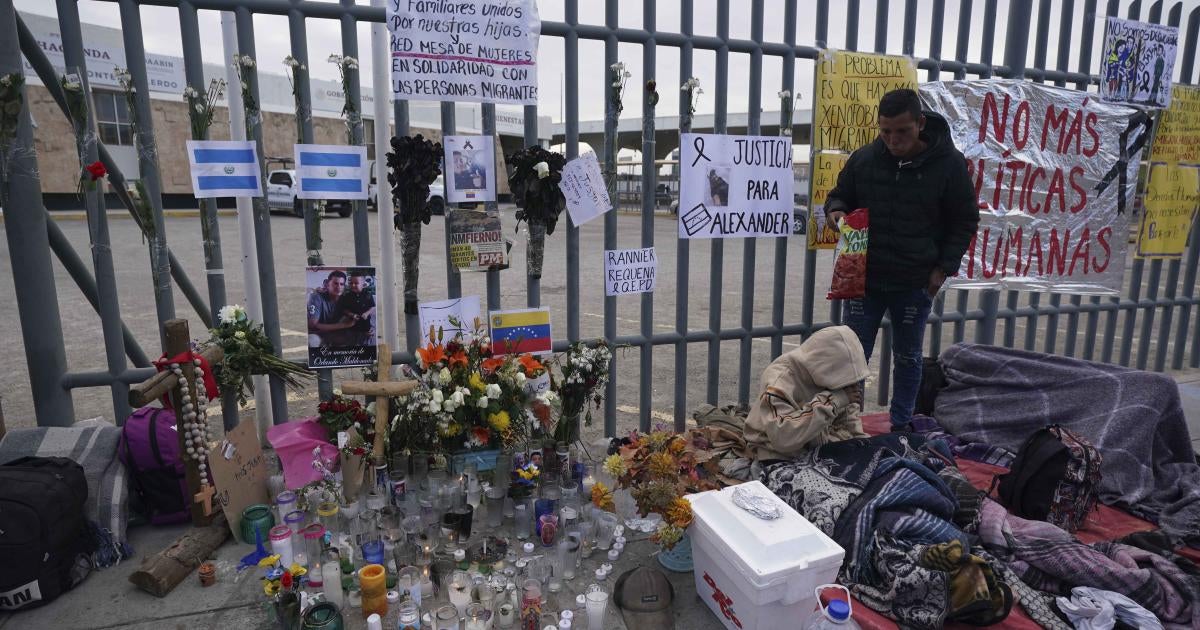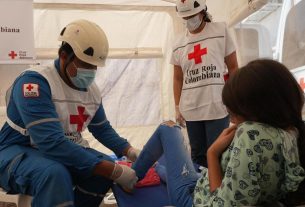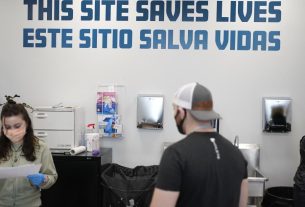Last week, horrifying images circulated in the media of fire and smoke engulfing people locked in an immigration detention cell in Ciudad Juárez as guards are seen walking away as the fire killed 39 people. These are just the latest in a series of tragic deaths at the United States–Mexico border, also broadcast to the public, that initially caused outrage. But will anything change this time?
These preventable deaths are, in large part, the result of US immigration and border policies and the co-option of the Mexican government’s immigration actions to create a hellish environment for migrants and to subject people seeking protection or a better life to cruelty and suffering. These brutal measures, including the continued use of Title 42 to quickly expel people, including new nationalities previously exempt, and the asylum ban rule proposed by US President Joe Biden, were designed to “deter” people from coming. But they have only created more desperation and death.
Instead of viewing immigrants as people who will add diversity and vibrancy to US communities, the Biden administration and elected officials have chosen to treat immigrants as a threat. Worse, the US has exported and coerced these measures of cruelty onto Mexico and other countries in the region and created a multibillion-dollar enterprise model for criminal cartels.
The US and Mexican governments have shamefully lost sight of the fact that these are Black and Brown humans whose lives matter.
What is the threshold of pain and suffering needed to move people to action? What will it take for policymakers to set aside their misgivings and fears to move towards a more harmonious and thriving world?
US border and immigration policies could easily change for the better. For a fraction of the billions of dollars spent on building deadly walls, hiring unaccountable federal law enforcement, buying invasive surveillance technologies, and hyper-militarizing border communities, the government could invest in rights-respecting, welcoming reception centers at US ports of entry. These could be staffed by social workers, asylum and other visa-granting officers, trauma specialists, child welfare specialists, and more.
Instead of a punitive approach, these centers would create jobs that provide humanitarian assistance. They would save lives, while strengthening US local and national economies and diversity. The United States should not wait for another tragedy and instead immediately end harmful policies. Just imagine.



